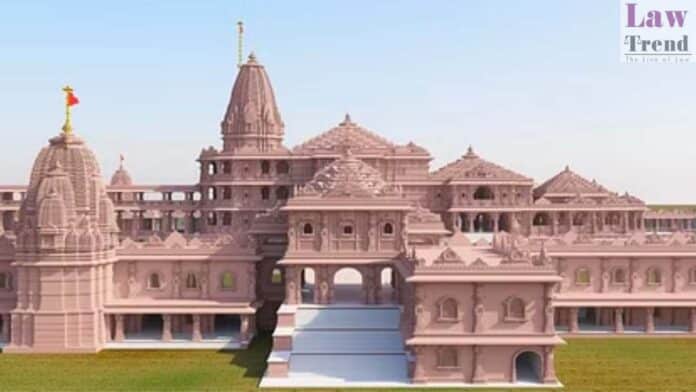The Court of District Judge-01, New Delhi, Patiala House Courts, has dismissed an appeal filed by advocate Mehmood Pracha, which sought to have the 2019 Ayodhya judgment declared “null and void” on allegations of fraud. The Court, presided over by District Judge Sh. Dharmender Rana, dismissed the appeal (RCA DJ No. 27/2025) as “absolutely luxurious
To Read More Please Subscribe to VIP Membership for Unlimited Access to All the Articles, Download Available Copies of Judgments/Order, Acess to Central/State Bare Acts, Advertisement Free Content, Access to More than 4000 Legal Drafts( Readymade Editable Formats of Suits, Petitions, Writs, Legal Notices, Divorce Petitions, 138 Notices, Bail Applications etc.) in Hindi and English.




